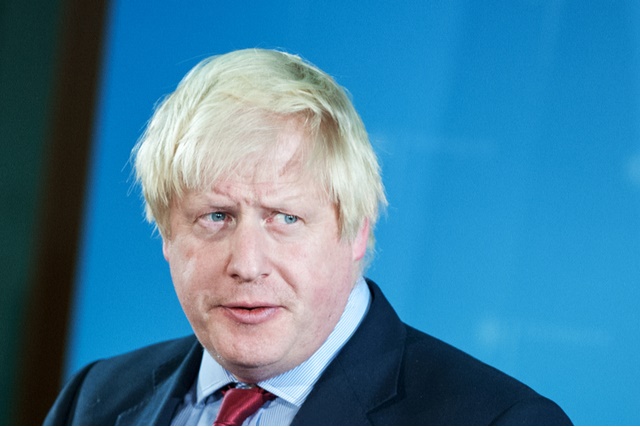Pound Sterling South African Rand (GBP/ZAR) Exchange Rate Plummets on UK-EU Tensions
The Pound Sterling South African Rand (GBP/ZAR) exchange rate slumped by around -0.7%, leaving the pairing trading at around R19.1866.
Sterling continued to slump against the Rand on Tuesday after both the UK and EU set out different visions of a future relationship.
The Pound extended its losses against a handful of currencies today after yesterday’s speech from Prime Minister Boris Johnson outlined the UK’s tougher stance and desire for a Canada-style deal.
Johnson’s speech rattled traders as it sparked fears the UK would not be able to secure a post-Brexit deal with the European Union.
Commenting on this, senior currency strategist at Rabobank, Jane Foley noted:
‘The market is a little bit spooked by the distance that remains (between the EU and Britain) and the concern that there may be very little potentially compromise done in a relatively short space of time.
‘Now the market’s focus has been drawn to the fact that there could still be very little put in place by way a trade deal if these talks don’t go well.’
South African Rand (ZAR) Rises despite Negative Domestic Outlook
Markets remained on edge as the Wuhan coronavirus continued to spread.
The death toll jumped to 425 on Tuesday, and the number of confirmed cases rose to 20,000. Added to this, Hong Kong reported its first death, and the second death outside of China.
The Rand remained under pressure against safe-haven currencies such as the US Dollar (USD), although made gains against Sterling.
Added to this, a negative domestic outlook for South Africa dampened Rand sentiment further.
Last week, Eskom stated it would resume nationwide blackouts which threatened the already weak consumer demand and business activity.
Commenting on this, Nedbank analyst, Reezwana Sumad wrote in a note:
‘The rand has been in a steady decline as the spread of the coronavirus has seen markets exit risk assets in favour of safe havens. This scenario is likely to prevail until the spread of the virus is brought under control. Locally, the ongoing load-shedding scenario is exacerbating the negative outlook.’
Rebounding UK Business Optimism Unable to Stop Sterling’s (GBP) Slump
Meanwhile, Tuesday’s UK construction PMI revealed the sector contracted at the slowest pace since May 2019.
Added to this, business optimism increased, rebounding to the highest level since April 2018, supporting Sterling.
The UK construction PMI rose to 48.4 in January, from December’s 44.4 as clients’ willingness to spend increased at the start of 2020.
Commenting on this morning’s data, Group Director at the Chartered Institute of Procurement and Supply, Duncan Brock stated:
‘With the strongest optimism since April 2018, construction firms were more upbeat in January as the downturn in business activity slowed, the trend improved for new work and job losses steadied to August 2019 levels, all signalling a moderation in the sector’s contraction.
‘Though the overall Index still registered below the no-change neutral mark, the signs are good that the sector is building up momentum for the year ahead and recovering some losses in new work which will ease concerns that the last bout of uncertainty has inflicted irreparable damage on the sector. The housing sector in particular was the strongest performer, with the best result since May 2019.’
Pound Rand Outlook: PMI Data in Focus
Looking ahead, the South African Rand (ZAR) could reverse today’s gains against the Pound (GBP) following the release of PMI data.
If the South African Standard Bank PMI continues to remain firmly in contraction territory, the Rand will slide.
Meanwhile, better than expected UK services data could provide Sterling with an upswing of support.
If the UK’s largest sector expands at a faster rate than forecast, the Pound South African Rand (GBP/ZAR) exchange rate is likely to rise.


Comments are closed.